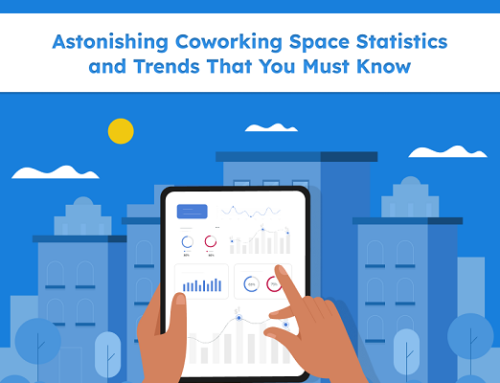Almost one in three people believe themselves to be perfectionists. So why isn’t the world – and the workplace – you know, better?
The pedantic answer is to point out that perfection and perfectionism are quite different things. But the deeper truth is that, far from driving us towards “better”, perfectionism can actually be a destructive force that prevents sufferers from getting things done, hinders creativity, and frequently leads to depression and illness.
Also read: Want to Save Billions? Stop Ignoring Mental Health
If your own particular brand of perfectionism drives you to exceed expectations without compromising your health or your results, congratulations – you got the good type. But if you recognize yourself in the neurotic, stressed, frustrated perfectionist described previously, you probably pursue what is known as ‘maladaptive perfectionism’ – an unforgiving drive to reach unattainable standards.
If that’s the case, it’s great that you’re so driven, but you’ll get better results – indeed, you’ll get more stuff actually finished – if you apply some external discipline to your ambition and hard work.
That doesn’t mean forcing yourself up at six-thirty each morning. It means figuring out the parameters of your work conditions and what’s possible, and creating strict rules to ensure the most productive use of your energy. That means forcing yourself to go home when you’ve worked a pre-allotted number of hours, instead of striving on until midnight and turning in work that is inevitably compromised by exhaustion.
Allowing yourself to make mistakes is also a discipline. Rather than rushing past or covering up the flaws and errors in your work, slow down and study them. Embrace the human touch and see where your mistakes lead you. You’ll produce better work in the long run if you learn from your mistakes today.
Also read: Mindfulness and Happiness at Work: How a Few Breaths Can Improve Your Business
And be careful to shut out other over-critical voices too. That might be a friend or colleague whose criticism is never constructive; it might be a social media channel where carefully-presented perfection is the norm. Log off. Concentrate on your own game. Make a list of what you’ve achieved – this is usually pretty impressive, it’s just that perfectionists are too busy dwelling on the flaws to see it.
You’ll find more tips on how to manage your perfectionism in this fancy new visual guide from Saving Spot. Try them out, and go easy on yourself: perfection is impossible, but better is achievable if you know when to say ‘enough is enough’.
![[Infographic] How to Stop Perfectionism From Holding Back Your Career](https://149362086.v2.pressablecdn.com/wp-content/uploads/2018/02/Infographic-How-to-Stop-Perfectionism-From-Holding-Back-Your-Career.png)





Leave A Comment